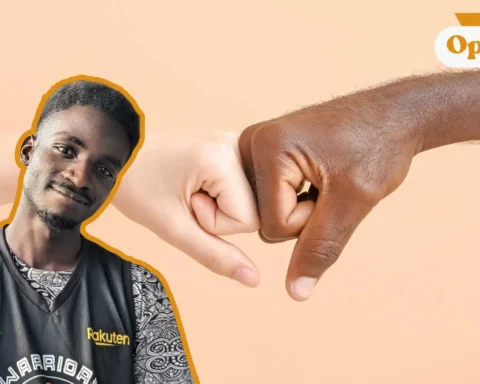The question of whether smartphone usage should be accepted in colleges and higher education institutions is a divisive one, reflecting broader debates about technology’s role in education. While smartphones are often seen as a distraction, their potential to enhance learning cannot be overlooked. The Internet helps provide a wide range of study material and resources to help learn about your subject more and the smartphone is the medium through which you can access the internet.
Smartphones are more than just devices for social media and entertainment; they are powerful tools for learning and productivity. With instant access to resources like e-books, research databases, and academic tools, smartphones can support students in completing assignments, conducting research, and collaborating on projects. Apps for time management, note-taking, and language learning can also help students develop skills beyond the classroom. Additionally, apps like Google Scholar, Khan Academy, and even institution-specific platforms offer flexibility in how students consume and interact with information. This access is crucial in research-oriented fields, where staying updated with the latest developments is essential.

Collaboration is a cornerstone of modern education, and smartphones make it seamless. Students can easily coordinate group projects through communication apps, share documents on cloud platforms like Google Drive, and even work on real-time edits using apps like Microsoft Teams or Slack. In a globalized world where remote teamwork is becoming standard, these tools prepare students for future professional environments.
In disciplines such as engineering, design, and media studies, smartphones allow students to experiment with specialized software and creative tools. Additionally, their use in classrooms for polling, quizzes, and augmented reality can make lectures more interactive and engaging. For international students or those from disadvantaged backgrounds, smartphones can bridge gaps in access to expensive learning materials or physical libraries. When used responsibly, they democratize education.
Polling apps like Kahoot and Mentimeter allow professors to conduct live quizzes or surveys, ensuring greater participation from students. Augmented reality (AR) and virtual reality (VR) apps can bring complex subjects to life. Imagine biology students exploring 3D models of human anatomy or history students virtually walking through ancient ruins—all through their phones.
Smartphones are inherently mobile, allowing learning to extend beyond the classroom. Students can review notes while commuting, watch tutorial videos between classes, or participate in discussion forums. This flexibility accommodates diverse schedules, especially for working students or those pursuing part-time education. Smartphones also enable students to connect with peers, educators, and professionals worldwide. Through platforms like LinkedIn, students can network with industry experts, participate in webinars, and even secure internships. They can join global academic communities, enhancing their learning with diverse perspectives.
Colleges and universities should implement policies promoting constructive smartphone use rather than taking an all-or-nothing stance. For instance, faculty can integrate smartphones into curricula through guided activities while setting clear boundaries to minimize distractions. Digital literacy programs can teach students to use their devices effectively and responsibly. The integration of smartphones should be thoughtful and inclusive. Instead of banning or blindly endorsing them, institutions should embrace smartphones as tools to prepare students for an increasingly digital world.

Let us know what you think about the usage of smartphones in college in the comments down below. You can also share your opinions with us at larra@globalindiannetwork.com.









